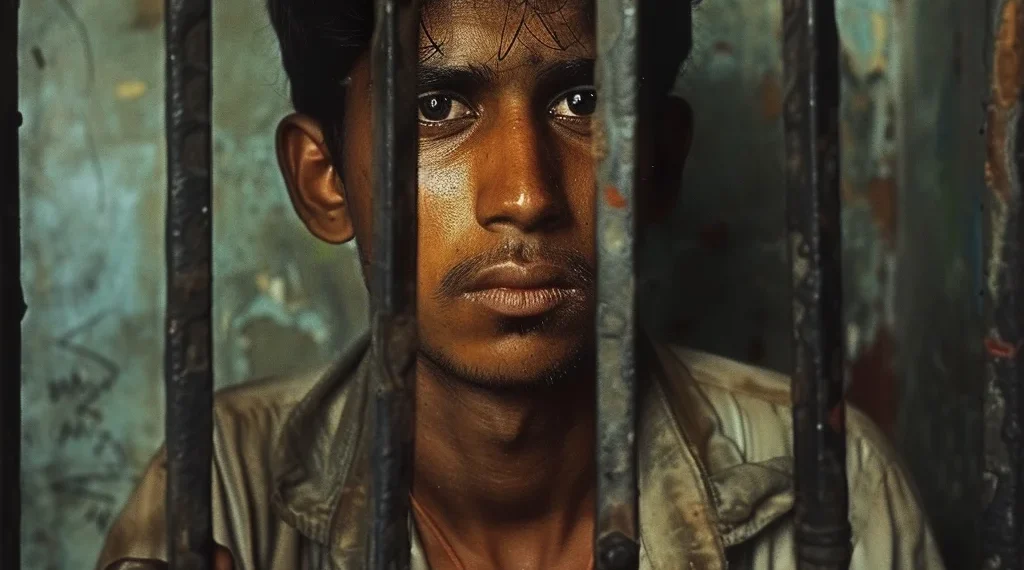In India, a DNA test helped a man who spent 11 years in prison for someone else’s crime walk free.
The nine-year-old from Khandwa district, Madhya Pradesh, went missing on January 29, 2013. A day later, she was found near a village. Doctors could not help the schoolgirl. Soon it came to light that she had also been raped. The girl had a piece of hair clutched in her hand, which she is believed to have snatched from the perpetrator while trying to resist. In addition, a local resident claimed to have seen the schoolgirl with a young man named Anokhilal. By then, the 21-year-old man had already left the village.
On February 4, he was detained. In particular, the prosecutor’s office claimed that he was the last person the schoolgirl was seen with. DNA testing showed that the hair found in the child’s hand belonged to Anokhilal. In March 2013, he was sentenced to capital punishment and in 2023, the verdict was upheld after a remand. However, the apex court overturned the decision because the expert who did the DNA tests during the investigation had not been questioned before.
During cross-examination, the doctor admitted that male DNA was found on samples taken from the girl’s body, but not from the accused. A DNA hair test pointed to Anokhilal, but the court found that mistakes were made in the collection of this material. In particular, it was unknown whether the hair found at the crime scene had actually been tested. The testimony of the woman who claimed that Anokhilal was the last person to interact with the girl also proved to be false. It turned out that she had seen them 36 hours before the latter’s disappearance.
As a result, on March 20, Anokhilal, now 32, was acquitted and released after 11 years in prison. The decision to release the man was made by the same judge who upheld the conviction a year earlier. He noted that court decisions should be based on facts and evidence, not emotions.















